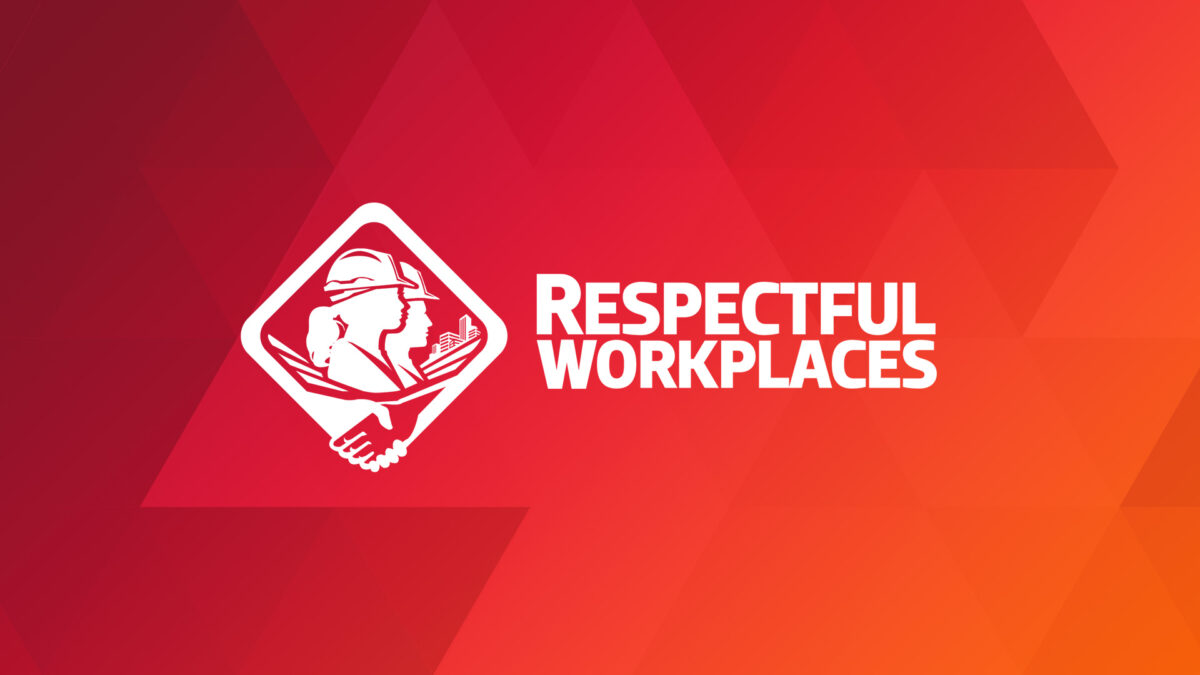Does your organization tie respect and inclusion initiatives to organizational goals?

Creating and supporting a respectful and inclusive workplace usually requires change – and change is difficult.
Resistance to change manifests itself in many ways, from foot-dragging and inertia to petty sabotage to outright refusal to cooperate. Respect and inclusion initiatives are particularly intimidating to some workers. While these initiatives introduce fairness into the workplace, they can look like exclusion to some workers if the initiative seems to favour certain people based solely on their gender, background, and circumstance, and not on substantiated reasoning and coherent organizational strategy.
How can you create and sustain initiatives to address disparities in the recruitment, retention, and promotion of specific groups of workers without creating the appearance of favouritism?
One approach is “targeted universalism,” a change management approach that simultaneously aims for an organizational goal while also addressing disparities in opportunities among specific groups of workers.
The concept of targeted universalism was developed by John A. Powell, Director of the Haas Institute at the University of California at Berkeley. He explains that within a targeted universalism framework, universal (organization-wide) goals are established. The policies and programs developed to achieve those goals are targeted based upon how specific groups are situated within the organization. Targeted universalism is goal-oriented and the initiatives are directed in the service of the larger universal goals.
For example, an organization recognizes that low turnover is a strategic priority. As a result of analysis, the organization determines that turnover should be no higher than 2%.
Further analysis shows that specific groups of workers experience higher turnover rates. The analysis must be thorough, objective, and willing to examine difficult issues that affect turnover. Causes might include burnout, ineffective family support policies, as well as discrimination and sexual harassment. The organization then develops and allocates resources to address the causes of the unsatisfactory turnover rates.
Targeted universalism helps to reduce resistance to initiatives that target specific groups of workers by providing the rationale for any intervention required to meet the organization-wide goal. It demonstrates that the interventions are not favouritism but part of a sound organizational strategy.
Targeted universalism emphasizes the need to connect respectful and inclusive initiatives to an organization’s overall strategy. A respectful and inclusive workplace brings many benefits, such as improved financial performance, and should be considered as a strategic initiative. It should include the financial analysis and measurement tools that targeted universalism requires.
Organizations may want to use the BuildForce Respectful Workplace Online Self-Assessment Tool as a management tool to work through the building blocks of a respectful and inclusive strategy that then helps to identify organization-wide goals and to target areas that may need intervention in order to meet those organization-wide goals.
For more info:
- Powell, John A., Stephen Menendian and Wendy Ake. “Targeted Universalism: Policy & Practice, A Primer.” May 2019. https://belonging.berkeley.edu/targeteduniversalism
Read from the beginning. Click here to start at Part 1.
What can an effective Respectful and Inclusive Workplace Program deliver?
- Become an employer of choice – attract, retain, and advance top talent from all sources of labour
- Unlock collaboration and innovation – create high-performing teams through diversity of thought and experience
- Build your brand – your organization will gain a competitive edge as a leader and innovator
Get started today!
The BuildForce Canada Online Respectful and Inclusive Workplace Toolkit includes:
- the Respectful Workplace Online Self-Assessment Tool to assist organization leadership in assessing their current situation and identifying where they may need to make changes
- the Respectful Workplace Policy Framework and Implementation Guide to assist organizations in creating and implementing a policy that supports a respectful and inclusive workplace
- the Respectful Workplace Online Training Course to train workers on how to create and support a respectful and inclusive workplace
- the online course Introduction to Understanding Systemic Racism: A Guide for Leaders and Managers
All the resources you need to create and support a respectful and inclusive workplace!

Respectful and Inclusive Workplaces
